The Director-General of the Bureau of Public Procurement (BPP), Dr. Adebowale Adedokun, on Thursday, revealed that the agency has saved Nigeria an impressive N1.9 trillion from contract fraud since its establishment 17 years ago. This announcement was made during the 2025 budget defence session before the Senate Committee on Public Procurement in Abuja.
Dr. Adedokun highlighted the BPP’s pivotal role in combating corruption in Nigeria, particularly in ensuring transparency, fairness, and efficiency in public contract awards and execution. According to him, the BPP has been instrumental in preventing an annual loss of at least N40 billion due to contract inflation, fund diversion, and poor service delivery.
He detailed that the savings, amounting to N1.9 trillion, were achieved through diligent oversight and the use of a price intelligence unit which monitors contract awards, preventing funds from being misappropriated. Moreover, these efforts have indirectly boosted revenue generation for agencies like the Federal Inland Revenue Service (FIRS) and the National Pension Commission (PENCOM).
However, Dr. Adedokun expressed concern over the budget allocation for 2025, pointing out that while the BPP proposed a capital vote of N63.5 billion, they were only allocated N1.57 billion. This constrained budget, he noted, would not suffice to address critical issues like staff accommodation, the replacement of outdated project monitoring vehicles from 2008, or the rollout of the anticipated E-procurement program.
During the session, the Senate Committee, led by Chairman Senator Olajide Ipinsagba (APC – Ondo North), raised concerns about the BPP’s capacity to oversee more than 800 government agencies with just 158 employees. In response, the Committee directed Dr. Adedokun to include provisions for hiring additional staff in the BPP’s 2025 budget proposal to enhance its operational effectiveness.
This call for increased funding and staffing reflects the broader challenge of ensuring robust oversight in public procurement, a sector vital for the integrity and efficiency of government spending in Nigeria.

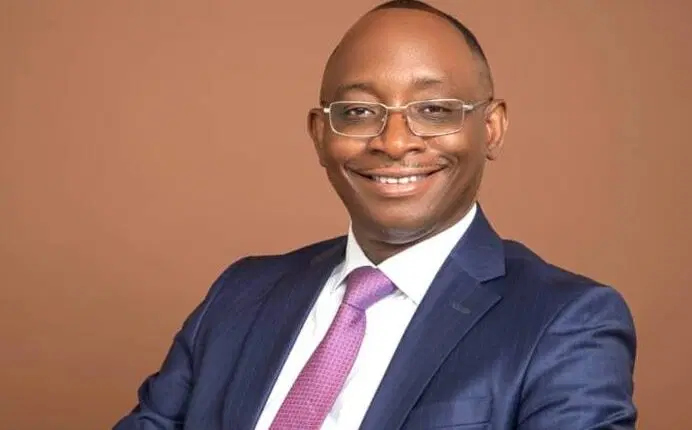




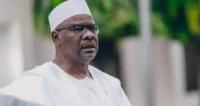
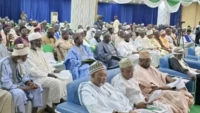
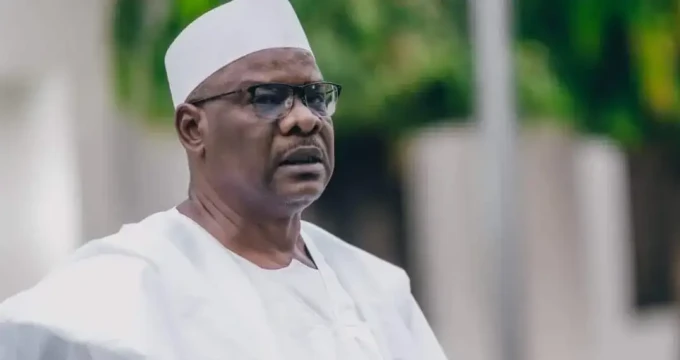
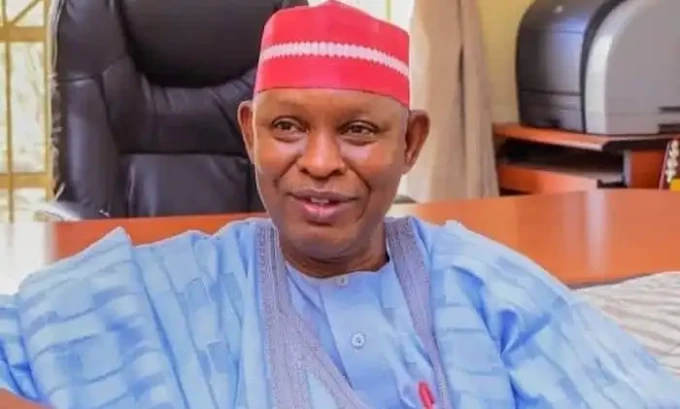
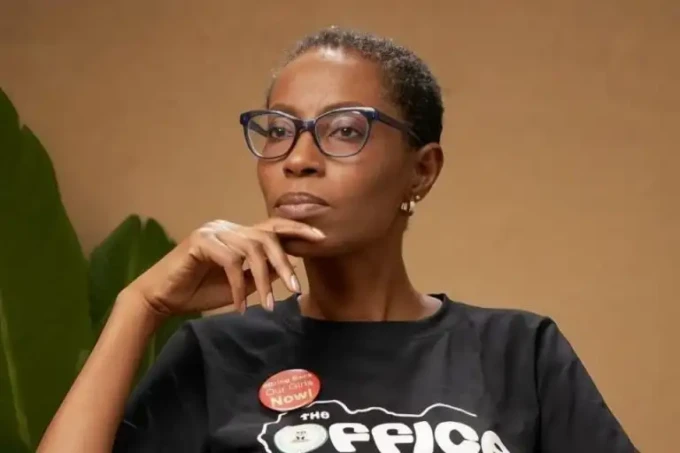
Leave a comment